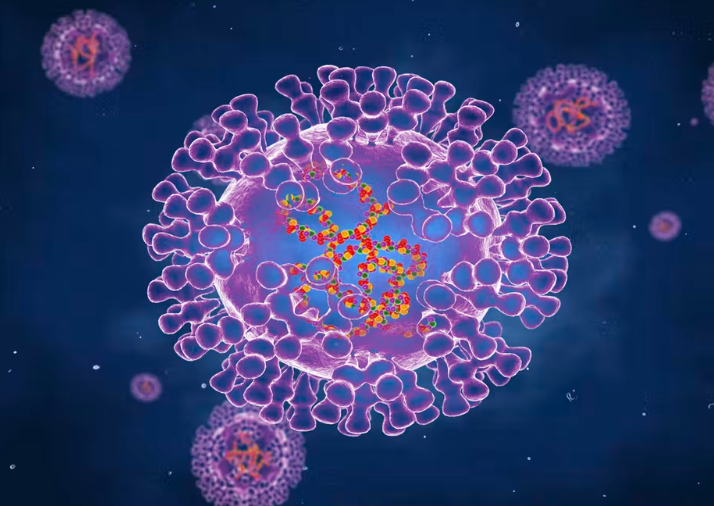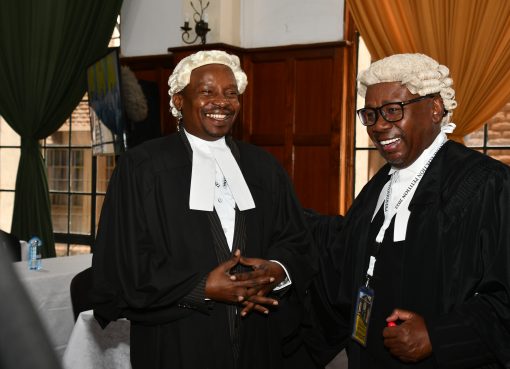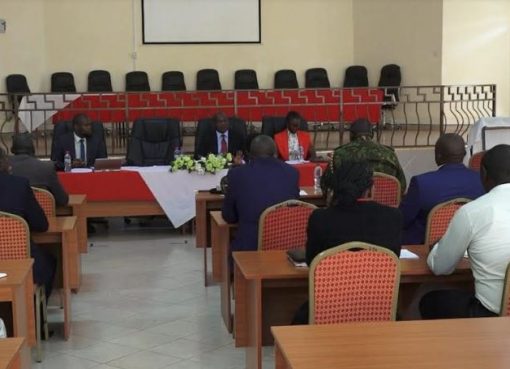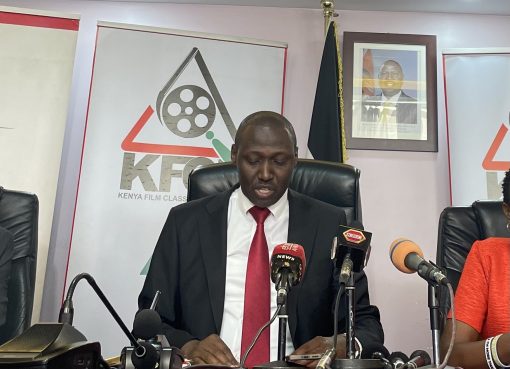African countries have been put on red alert following reports of outbreak of monkey pox.
Subsequently, the World Health Organization (WHO) has sent a passionate appeal to the affected regions such as Central and Western African countries to maximize their surveillance to curb the spread.
Although Kenya is not affected right now, Director of the Centre for Infectious and Parasitic Diseases Control Research (CIPDCR) at KEMRI Prof. Matilu Mwau has allayed fears reassuring the public that the institute has the capacity to set up an emergency response to handle such outbreaks.
Prof. Mwau advised researchers and health institutions to step up and maintain a high level of surveillance so that in case such an outbreak occurred, they would be able to effectively deal with it.
The WHO Director General Tedros Adhanom Ghebreyesus called for an emergency meeting following the outbreak of the monkey pox in the affected countries where it was either increasing or declining.
Adhanom said the outbreak of monkey pox has been continually reported among Men who have Sex with Men (MSM) in the affected countries.
The WHO Director General cited the greatest challenge they had to deal with during the implementation of the health intervention is discrimination from some community members.
He explained that MSM have largely been stigmatized and blamed for being responsible for the outbreak and thus making it harder to track and stop the spread of monkey pox.
“We are working closely with the affected communities in all the WHO regions by putting structures in place to ensure that the most effective approaches are instituted,” Adhanom reassured.
In the United Kingdom, Reuters News Agency reported that most health clinics were on the frontline fighting against monkey pox but the facilities are already over stretched financially, leaving the UK and USA ill-equipped to tackle the outbreak since the first case of COVID 19 happened leaving a trail of deaths.
Local experts on infectious diseases pointed out in the UK that sexual health clinics were best placed to identify and treat cases of monkey pox and yet such programmes were largely undertaken without additional funding despite several years of financial neglect.
South Africa has also stood out as a sore thumb after three cases of monkey pox were reported, adding to the list of West and Central African countries.
South African Health report stated that voices of specialists in the continent were notably missing from the ongoing discourse yet many struggled for years to raise awareness by publishing research findings aimed at attracting further support to continue studying the behaviour of monkey pox in Africa.
By Joseph Othoth and Samwel Oyugi





